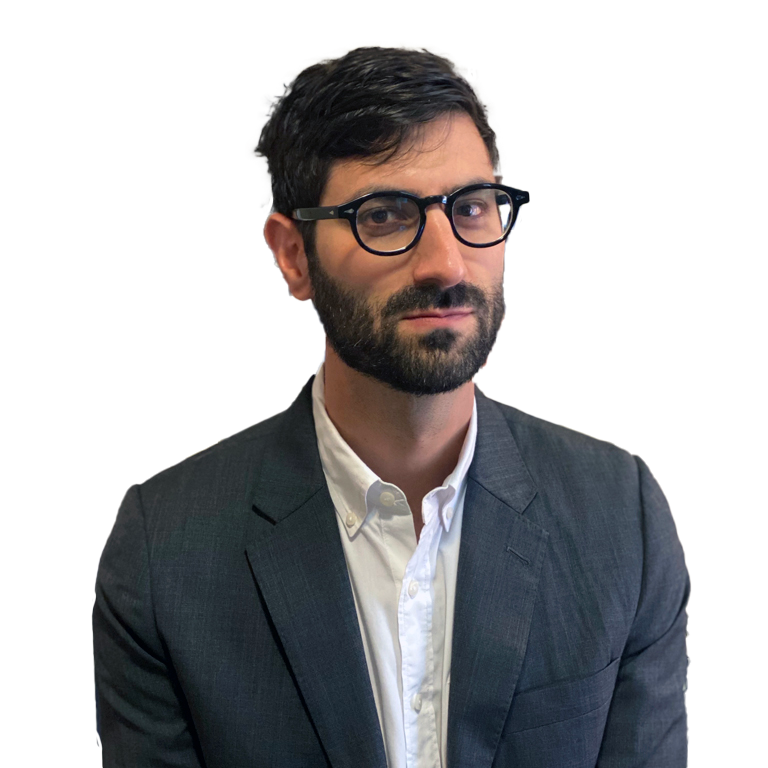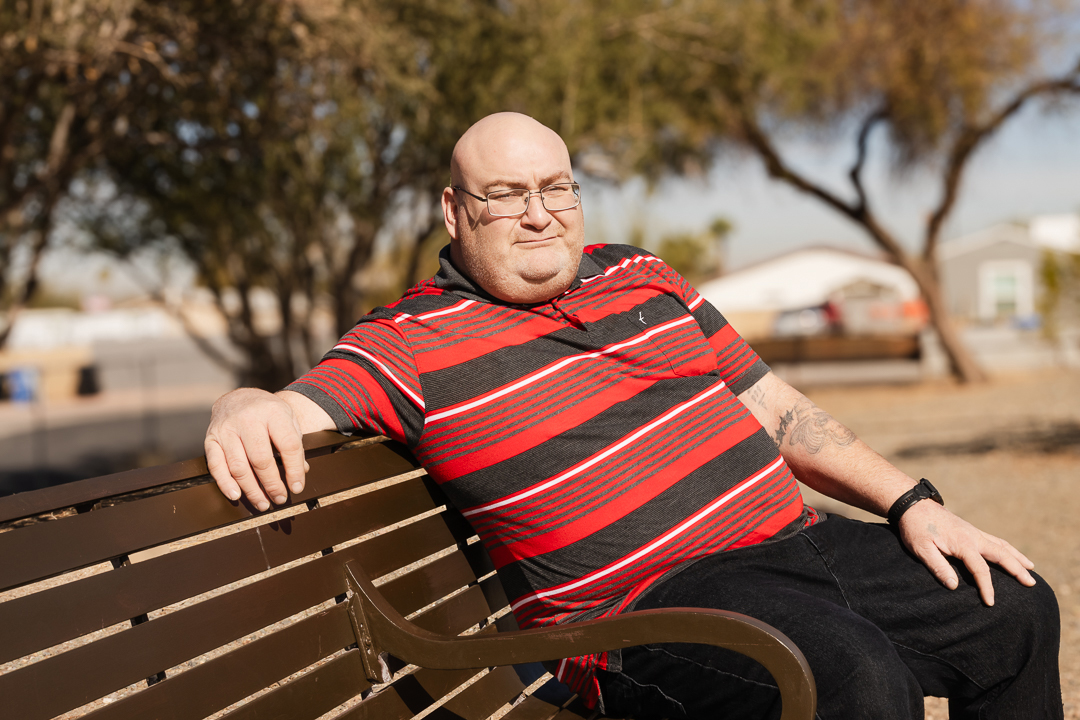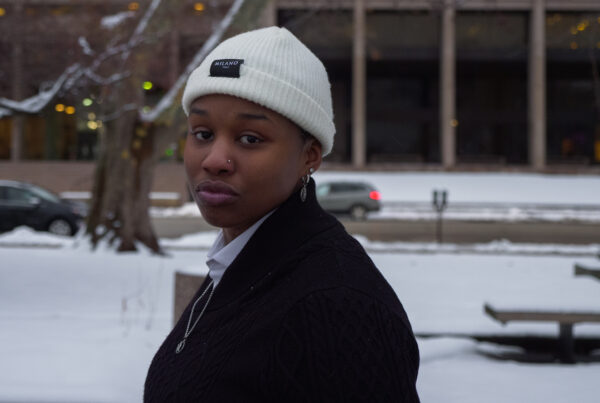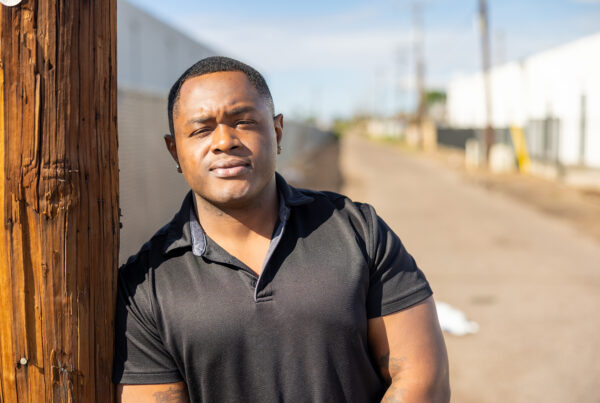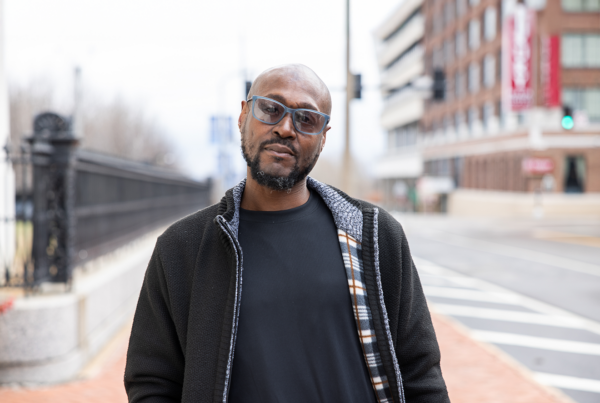David grew up in a small farming community in California, the middle child of nine siblings. His father instilled in him a deep respect for hard work and the importance of helping others.
“My father really embedded in us a good work ethic.”
“My father really embedded in us a good work ethic, the value of hard work, and being able to help others out,” he said.
The same spirit defines David’s life today in Phoenix, Arizona. He takes great pride in his work as a cook for a program that helps formerly incarcerated individuals reenter society. For him, preparing meals is more than a job – it’s a way to support people on their journey to stability.
“When they’re there, they don’t have to worry about where their next plate is going to come from,” he said. “We cook really good, nutritious food so they can focus on themselves and focus on the programming.”
David knows firsthand how life-changing the program can be – because he went through it himself in 2021.
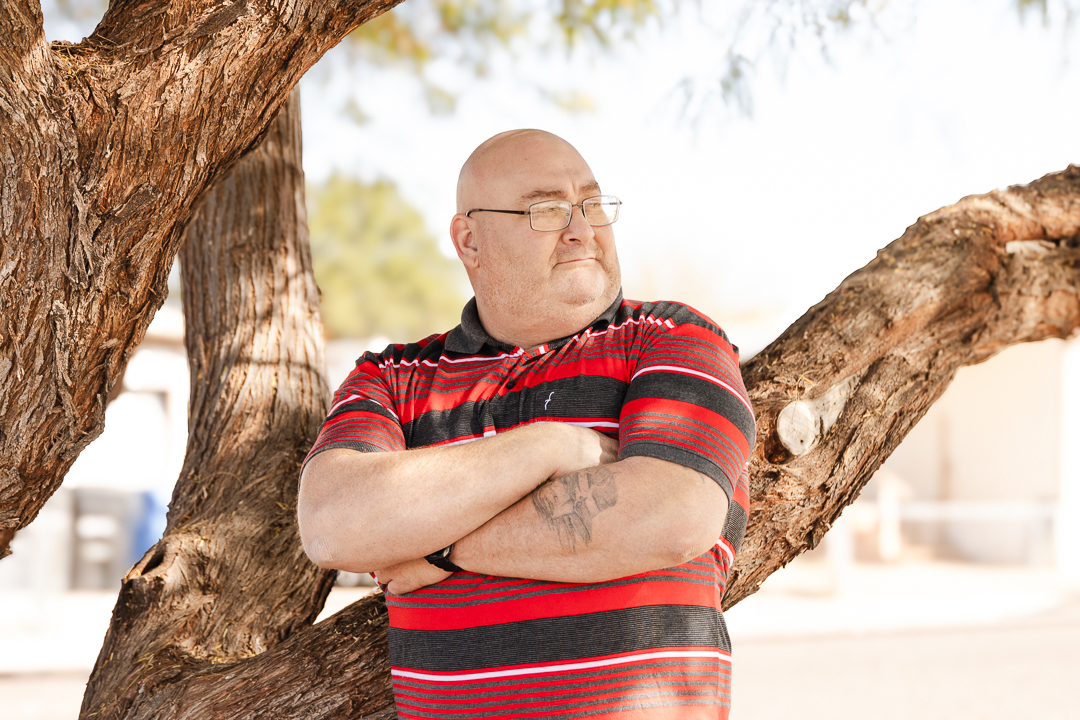
“I’ve been getting in trouble my whole life,” he admitted. A history of felony convictions and prison time, all stemming from drug addiction, had kept him trapped in a cycle of incarceration. But when he was released from prison in 2021, he saw an opportunity for change.
Through the reentry program, he stopped using drugs, found steady work, and even bought a car for the first time. He also met his girlfriend through a mutual friend, building a relationship that became a pillar of his new life.
Giving back became a passion. On days off, he and his girlfriend buy supplies in bulk and prepare sack lunches for people living on the streets, particularly those struggling with addiction. He puts extra care into the meals, mixing the peanut butter and jelly just right, always including a fresh apple or orange. He sees the suffering in people’s eyes when he hands them a meal – and he also sees their gratitude.
“I can remember when I was in that situation,” he said. “I didn’t have anything to eat and I picked up compassion for the drug addict in their active addiction who needs help.”
David understands that those struggling with addiction need more than food – they need recovery and mental health support. But he does what he can.
“I’m not a doctor. But I can make you a really good peanut butter and jelly sandwich.”
“I’m not a doctor,” he said, “But I can make you a really good peanut butter and jelly sandwich.”
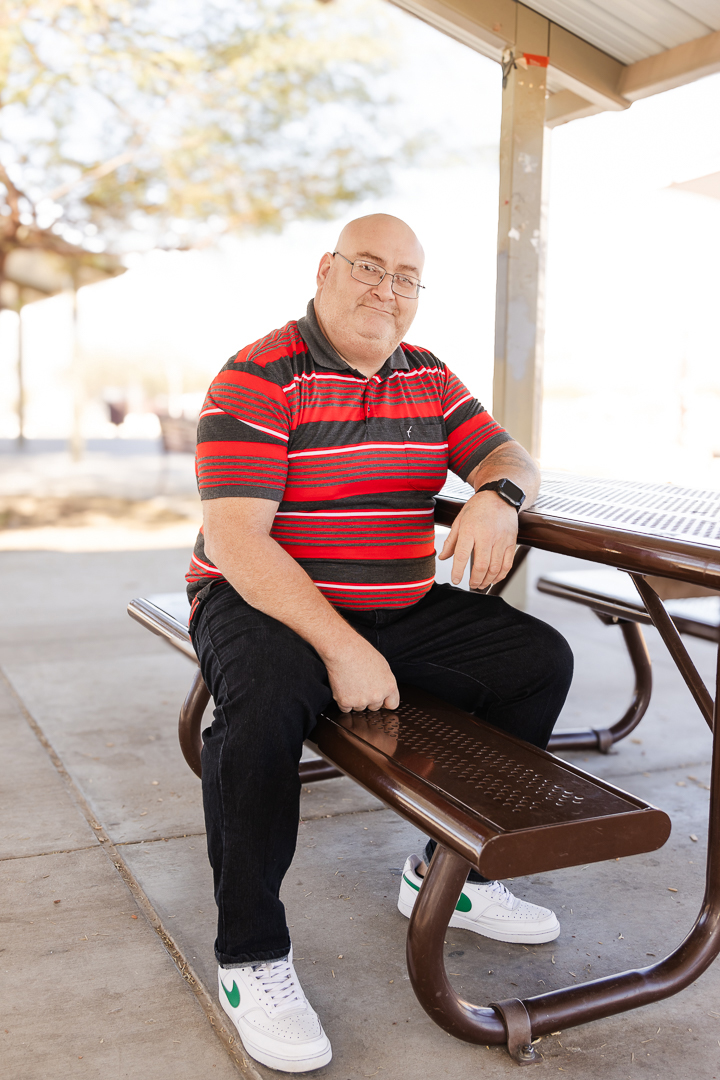
Just as David’s life was stabilizing, a relapse put everything at risk. When a police officer approached him, David panicked and ran. He stopped quickly, realizing his mistake, but it was too late. He was charged with a felony for fleeing, and bail was set at $1,200.
Unable to pay, David spent 30 days in jail. Every day, he felt his progress unraveling. His car, a hard-earned symbol of his new life, was impounded and lost to storage fees. He feared losing his job, his home, and his relationship. He tried to call his girlfriend sparingly, not wanting to burden her with expensive jail calls, but the uncertainty weighed on him.
His lawyer warned that a plea deal could mean two and a half years in prison. Feeling hopeless, David considered accepting it just to get it over with.
Then, The Bail Project stepped in.
After posting his bail, David was released and given a chance to fight his case from the outside. He returned to work, explained the situation to his boss, and started saving money to support his girlfriend if forced to serve some sentence. Most importantly, he and his girlfriend had an honest conversation. His worst fears weren’t true – she still loved him, still believed in him.
“I’m really blessed to have her,” he said.
Instead of facing two and a half years, David now expects a one-year sentence. He believes that being free allowed him to work with his lawyer and present evidence of his progress – something that would have been impossible from inside a jail cell.
“I’ve noticed that people who get out on bail have opportunities to fight their case a lot better. Their chances are a lot better,” he said.
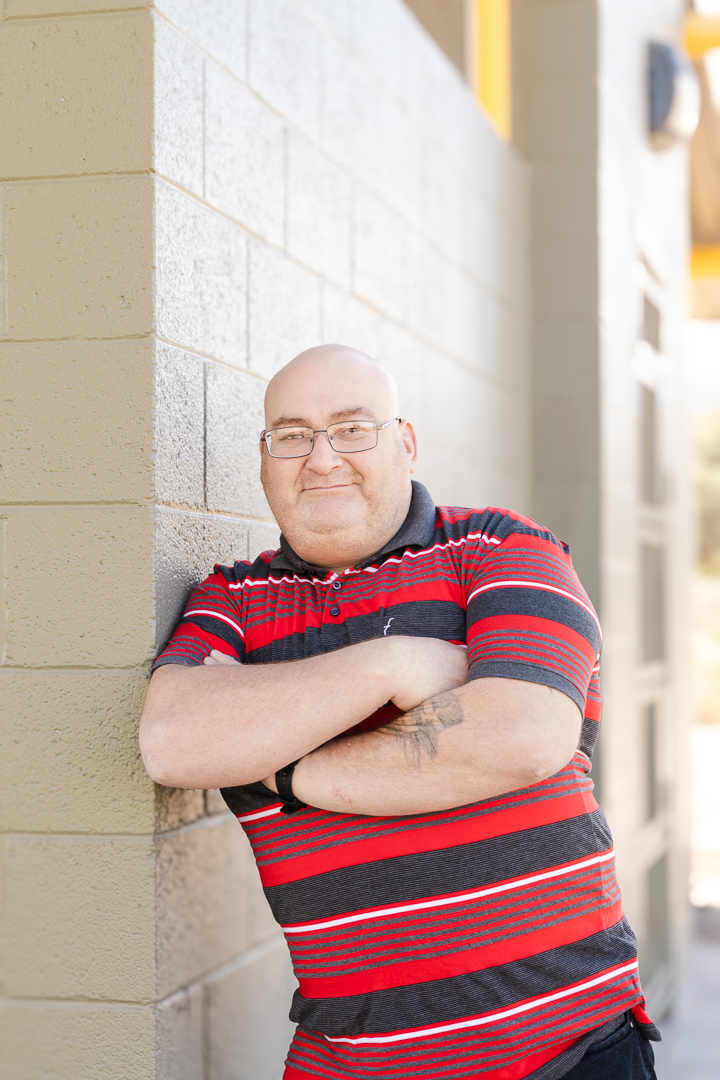
The Bail Project also provided David with transportation to court, a crucial service after losing his car. He is among the 32,000 of The Bail Project’s clients who return to more than 90% of their court dates, debunking the myth that people released on bail simply disappear.
David is at peace with the likely court outcome. Without The Bail Project, he believes he would already be serving a lengthy prison sentence. Instead, he has had the time to prepare – to work, to plan, and to protect the life he has worked so hard to build.
“Honestly, without The Bail Project, I would probably have been in prison with two and half years.
“Honestly, without The Bail Project, I would probably have been in prison with two and half years. I probably would have lost my job. I don’t know where my relationship with my girlfriend, my family, my brothers and sisters would be,” he said. “I know it wouldn’t be the way it is now.”
Thank you for your valuable attention. The urgency and complication of the cash bail crisis requires meaningful participation to create real change – change that is only achieved through the support of readers like you. Please consider sharing this piece with your networks and donating what you can today to sustain our vital work.
